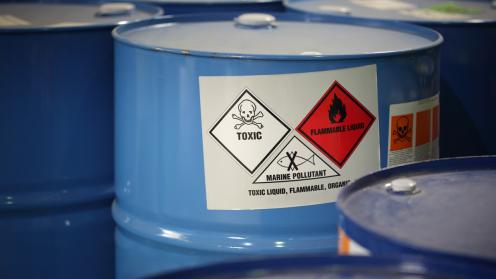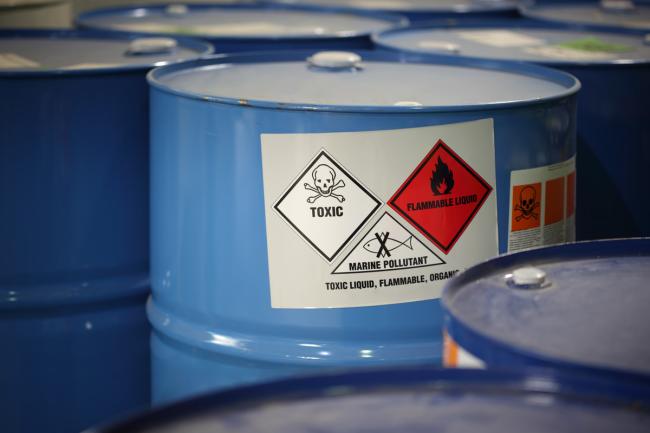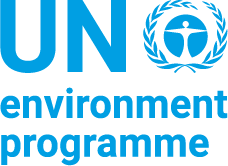About
In their discussions toward the establishment of a science-policy panel to contribute to the sound management of chemicals and waste and the prevention of pollution, delegates focused on the scope and functions of the panel. Capacity building attracted particular attention, and was supported as an additional function of the panel.
Final report
Summary report 30 January – 3 February 2023
All coverage
Currently, there is no global science-policy panel that broadly addresses chemicals, wastes, and pollution. Policymakers need strong science to help inform sound policy. Such an interface between science and policy can help link these two communities and help them communicate: the scientists can speak to policymakers in a way relevant to policy, and policymakers can query scientists to learn more about possible options.
In March 2022 the UN Environment Assembly (UNEA) agreed in resolution 5/8 to establish a science-policy panel to contribute further to the sound management of chemicals and waste and to prevent pollution. Substantive discussions will begin at the resumed first Open-ended Working Group meeting (OEWG 1-2). The first session featured operational decisions and opening statements.
There are many science-policy bodies in the field of chemicals and wastes, as outlined in the scope and function documents for the meeting. Several science-policy bodies are linked to existing chemicals and waste treaties, and, as a result, tend to have narrower mandates, such as screening chemicals to determine if are persistent organic pollutants (POPs) and should be listed in the Stockholm Convention on POPs. These bodies have provided valuable advice and helped advance knowledge and bring together scientists worldwide, often to work on discrete questions. The new science-policy panel is to complement, but not duplicate, the work of these many bodies while providing a broader overview of scientific knowledge.
OEWG 1-2 focused on the new panel’s scope and functions, which both raise challenging questions. The scope could be enormous: there are hundreds of thousands of chemicals in products on the market, hundreds of waste streams, and even more pollutants. Participants discussed how to define the panel’s scope in a way that complements existing bodies and responds to global and national scientific and policy concerns. They also had to contend with uncertainty, as there are many chemicals for which public data is lacking.
Science-policy bodies can serve many functions, from awareness raising and capacity building to providing policy-relevant advice and identifying emerging issues. Awareness raising is a crucial function many hope the new panel can take on, to help bring pollution-related issues on par with climate change and biodiversity.
The UNEA mandate also calls for a “horizon scanning” function, unique among global science-policy bodies, including those for climate change and biodiversity. The new panel could be tasked with identifying future chemicals, wastes, and pollution challenges where preventative action can help avoid the worst health and environmental impacts.
OEWG 1-2 was held 30 January – 3 February in Bangkok, Thailand, and was streamed online.
View past and future events
Past event
1st Meeting of the UNEP Open-ended Committee of Permanent Representatives (OECPR-1)
Past event
UNEA-1
Past event
2nd Meeting of the UNEP OECPR
Past event
UNEA-2
Past event
UNEA-3
Past event
1st Meeting of the Ad Hoc Open-Ended Expert Group on Marine Litter and Microplastics
Past event
Negotiation of the Summary for Policy Makers of the 6th Global Environment Outlook (GEO-6)
Past event
4th Meeting of the OECPR and 4th Session of UNEA
Past event
2nd Global Session UN Science-Policy-Business Forum on the Environment
Past event
4th Meeting of the Ad-hoc Open-ended Expert Group on Marine Litter and Microplastics (AHEG-4)
Past event
Global Major Groups and Stakeholders Forum (GMGSF)
Past event
Youth Environment Assembly (YEA)
Past event
5th Meeting of the Open-Ended Committee of Permanent Representatives to UNEP (Online Session)
Past event
UN Science-Policy-Business Forum on the Environment (2021)
Past event
UNEA-5 (Online Session)
Past event
Inaugural Regional Session of the UNEP Science-Policy-Business Forum for Asia and the Pacific (AP-SPBF 2021)
Past event
Online Global Major Groups and Stakeholders Forum (GMGSF)
Past event
Youth Environment Assembly 2022
Past event
UNEA-5.2, OECPR-5.2 and UNEP@50
Past event
2nd UNEA Cities and Regions Summit
Past event
UNEA Flagship Side Events
Past event
Big Data for the Planet Breakfast and Ministerial Dialogue: The Next 50 Years
Past event
OEWG1: Science-Policy Panel to Contribute Further to the Sound Management of Chemicals and Waste and to Prevent Pollution
Past event
OEWG1-2: Science-Policy Panel to Contribute Further to the Sound Management of Chemicals and Waste and to Prevent Pollution
Past event
2nd Meeting of the Ad Hoc Open-ended Working Group on a Science-Policy Panel to Contribute Further to the Sound Management of Chemicals and Waste and to Prevent Pollution
Past event
UNEA-6 and OECPR-6
Past event
Global Major Groups and Stakeholders Forum (GMGSF) at UNEA-6
Past event
UN Science-Policy-Business Forum on the Environment Special Sessions at UNEA-6
Past event
3rd Meeting of the Ad Hoc Open-ended Working Group on a Science-Policy Panel to Contribute Further to the Sound Management of Chemicals and Waste and to Prevent Pollution
All ENB photos are free to use with attribution. For this event, please use: Photo by IISD/ENB | Natalia Mroz.
To receive free coverage of global environmental events delivered to your inbox, subscribe to the ENB Update newsletter.


